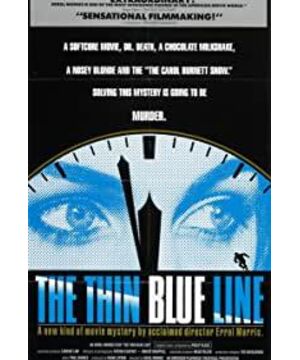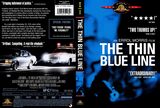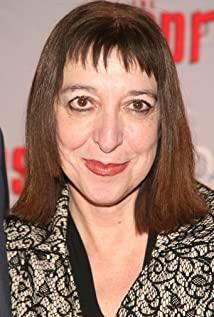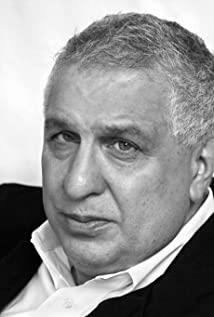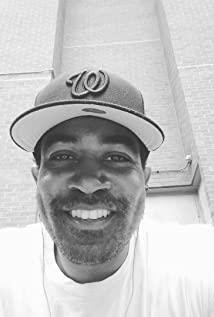This documentary originated from a police shooting in Texas in 1976. Director Errol Morris made a new form of documentary for this case. The director interviewed a total of 18 relevant personnel, including the parties, criminal investigators, police detectives, lawyers, judges, and witnesses, and they were scattered in the film in a fragmented manner. The scene of the shooting was reproduced by the method of scene reproduction. There are also physical evidence, newspapers and periodicals, etc. of the year. The title "Thin Blue Line" is confusing, and will not associate a more poetic title with a shooting case. A thin blue line appeared at the beginning of the film, but the Blue in the title was red. Some people say that after the policeman passed away, in order to pay homage to him, his colleagues would add a thin blue line in the middle of the police badge. blue also means the police. In the film, using a public prosecutor to name the police is the "thin blue line" that distinguishes a democratic society from totalitarianism. The film makes us deeply aware of the complexity of human nature. In the face of diametrically opposed testimony, and the evidence pointed to David, one was a criminal record, and the other was Adams, who was untainted. The Dallas police easily adopted David’s testimony simply because they could not ruin a young man’s life, but Adams was a wandering man. A minor in Texas could not be sentenced to death. Adams was 28 years old and his age met the requirements, in order to calm down. Outrageous, Adams was finally sentenced to death. The police threatened his elder brother with the charge of perjury. The elder brother was unwilling to testify as his younger brother because he went to bed early and didn’t know when his brother would return. A couple full of lies did not hesitate to appear in court to give perjury for the bonus; the policewoman wanted to avoid laziness and drink. The responsibilities of the drink leading to the shooting of his companions were inconsistent and changed the testimony; because of his own selfishness, David imposed his crimes on Adams, causing him to go to jail for twelve years. At the end of the film, there is a recording of David's last interview with the director of the documentary. There is only a rotating tape on the screen, slowly playing the dialogue between the two people and the central subtitles. . David's last words were a kind of "confession" in disguise. He said that if he wanted to find a reason for Adams' imprisonment, it was because he didn't take in the person who helped him that night. Because Adams didn't take David in that night, if he took him in, maybe there would be no police shooting. The overall tone of the film is dark, and there are a lot of dark night shots, giving people a gloomy atmosphere. Let us feel the darkness of human nature and the helplessness of individuals in the face of injustice. The film reveals to us the truth of the incident in a calm way, which is shocking. In this case, the entire Texas was driven by anger and public opinion, turning the entire judicial trial into a politically correct trial of public opinion. The passage of time, the truth is no longer important. This documentary also embodies the social cognitive function of the documentary. The film was released in 1988 and caused great repercussions in the United States. The Texas Criminal Appeals Tribunal overturned Adams' sentence. Adams was acquitted in 1989, and he later devoted himself to anti-death penalty activities. David was executed in 2004 for another murder case. The director cleverly used the framework of the feature film-"beginning-development-climax-ending", as well as creating questions, conflicts and other creative techniques, making the audience look like a wonderful reasoning and solving feature film. 11 years of wrong verdicts and final verdicts are still from the real murderer The surrender, can the law serve as a thin blue line to protect its own interests? This allowed the audience to criticize the real problems of the judicial system and the biased attitudes of the judicial and ordinary people to suspected injury cases.
View more about The Thin Blue Line reviews


